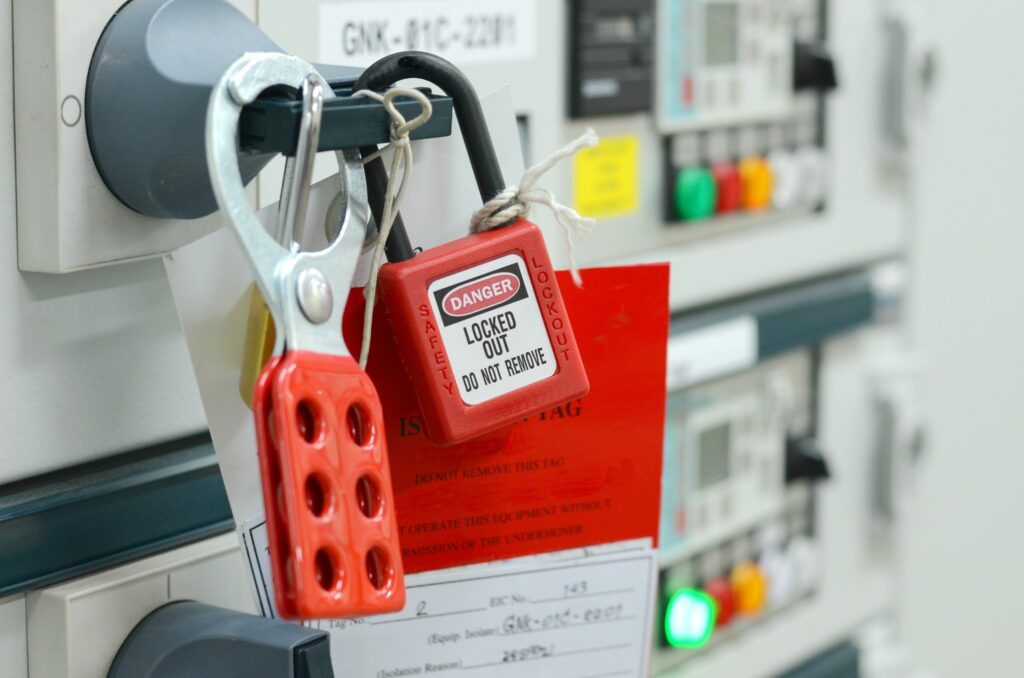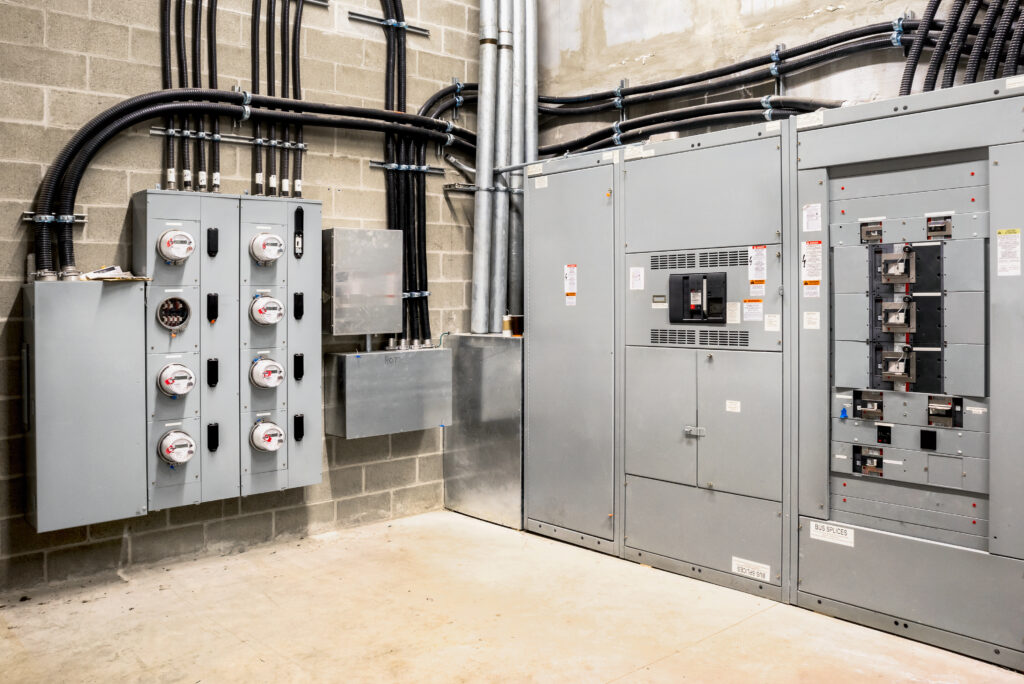
2-Day Train-The-Trainer for
NFPA 70E Electrical Safety & Hazards Awareness
New course dates and times are coming
Live Zoom Sessions
$750 per participant
COURSE OVERVIEW:
Our NRPA 70E Train-The-Trainer Course is a comprehensive 2-day program designed to equip trainers with the skills and knowledge required to effectively train workers on NFPA 70E Electrical Safety & Hazard Awareness.
This course prepares trainers to instruct at various levels, including the:
• 8-Hour NFPA 70E Electrical Safety & Hazard Awareness.
Participants will also gain qualifications to train on NFPA 70E critical safety topics such as:
• Safety-Related Work for New Installations, Maintenance, Special Equipment
• Reading and Implementing SOPs (Standard Operating Procedures)
• Reading and Implementing MOPs (Methods of Procedures)
• Reading and Implementing Manufacturer Specifications
• Types of Direct and Indirect Electrical Hazards
• Hazard Assessments, Prevention, and Controls Methods
• Electrical Safety and Lockout Tagout (LOTO)
• Job Safety Planning, Job Briefings, Change in Scope of Work
• Fundamentals of Incident Investigations and Correcting Root Causes
• Inspections, Audits, and Behavioral Observations
Upon successful completion, trainers will be equipped with practical skills, instructional techniques, and industry knowledge necessary to foster safe and compliant workplaces across diverse environments.
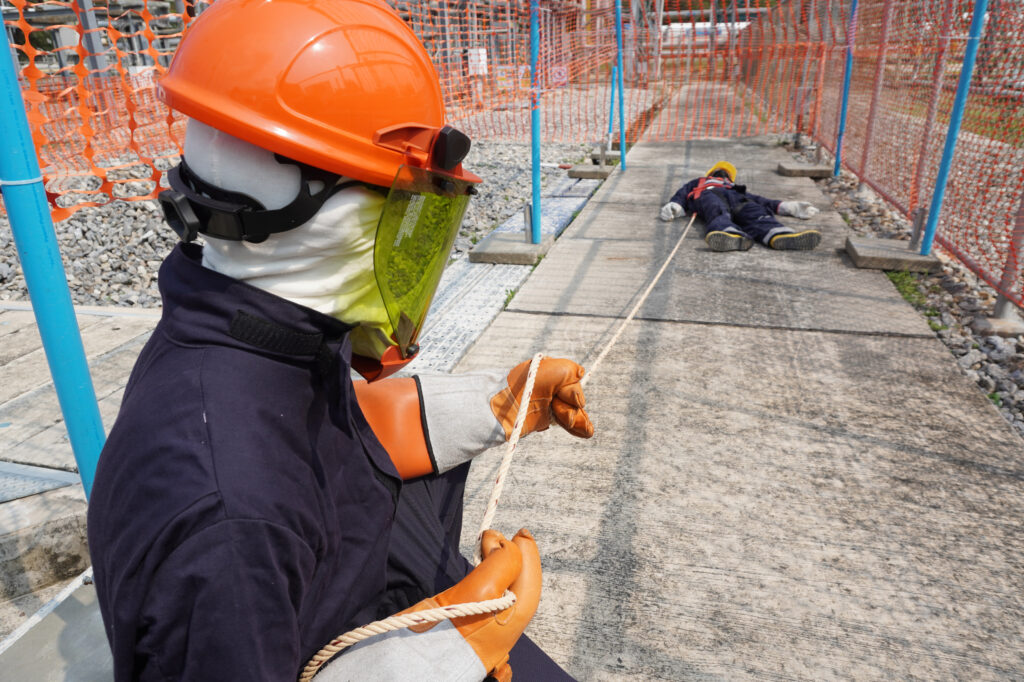
COURSE TRAINING OBJECTIVES:
By the End of This Course, Participants Will Be Able To:
REGULATORY KNOWLEDGE:
· Explain the structure, requirements, and scope of NFPA 70E, including its relationship to OSHA standards.
· Identify key updates in the most recent NFPA 70E edition and their implications for workplace electrical safety.
ELECTRICAL HAZARD CLASSIFICATION AND MITIGATION:
· Classify electrical hazards, including arc flash, shock, and electrocution risks, in compliance with NFPA 70E standards.
· Develop and implement strategies to mitigate electrical hazards through risk assessments and safe work practices.
INSTRUCTIONAL TECHNIQUES:
· Apply adult learning principles to deliver engaging NFPA 70E training sessions for various workforce levels.
· Demonstrate effective methods for teaching essential NFPA 70E topics, such as hazard boundaries, PPE selection, and energized work permits.
TRAINING DESIGN AND ENGAGEMENT:
· Construct interactive training sessions on topics such as arc flash boundaries, lockout/tagout procedures, and safe electrical work practices.
· Develop comprehensive lesson plans using Bloom’s taxonomy to emphasize knowledge retention and practical application.
RISK ASSESSMENT AND HAZARD MANAGEMENT:
· Teach participants how to perform electrical risk assessments, including task-based hazard identification and mitigation strategies.
· Facilitate exercises that reinforce the proper application of hazard control measures in energized and de-energized work scenarios.
HANDS-ON INSTRUCTION:
· Design and lead practical exercises related to lockout/tagout (LOTO), verifying de-energization, and selecting arc-rated PPE.
· Demonstrate techniques for using electrical testing equipment and interpreting results.
PPE AND SAFETY PROCEDURES:
· Train participants to select and use appropriate PPE based on NFPA 70E hazard risk categories and tasks.
· Explain the importance of maintenance and testing of PPE and insulated tools.
EMERGENCY RESPONSE PREPAREDNESS:
· Instruct on emergency response plans for arc flash and electrical shock incidents.
· Facilitate drills and simulations to improve emergency preparedness and response times.
EVALUATION AND ASSESSMENT:
· Develop and administer evaluation tools to assess participant comprehension of NFPA 70E concepts.
· Use post-training feedback and assessment results to refine instructional approaches and improve training effectiveness.
PARTICIPANT ENGAGEMENT:
· Facilitate group discussions and activities to reinforce key NFPA 70E concepts and safe work practices.
· Adapt training materials and delivery methods to suit diverse learning styles and experience levels.
CRITICAL SAFETY TOPICS:
· Provide detailed instruction on essential safety topics, such as energized electrical work permits, approach boundaries, and incident energy analysis.
· Emphasize the importance of implementing electrical safety programs compliant with NFPA 70E and OSHA.
CURRICULUM DEVELOPMENT:
· Develop a training curriculum that aligns with NFPA 70E requirements and promotes long-term workplace safety
· Incorporate real-world examples and scenarios to ensure workforce comprehension and application of electrical safety standards.
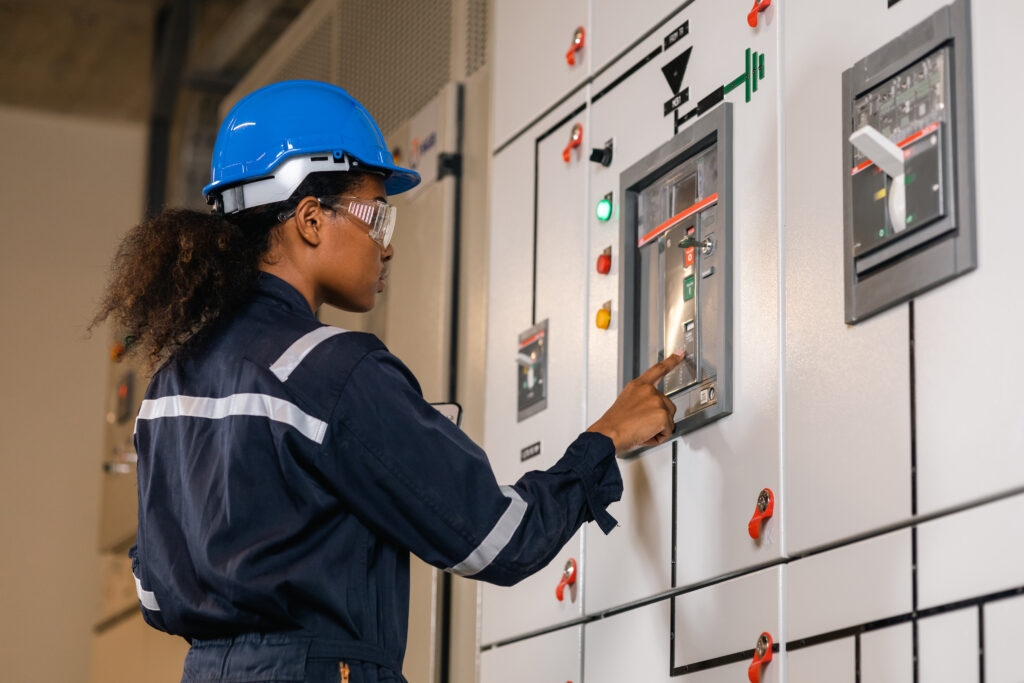
RESOURCES PROVIDED TO ALL TRAINERS FOR USE IN YOUR TRAINING DESIGN AND DEVELOPMENT
Trainers enrolled in our NFPA 70E Electrical Safety & Hazards Awareness Train-The-Trainer will receive a comprehensive suite of resources to help them build and customize their own training programs effectively. Resources include:
PowerPoint Presentations: Ready-to-use slides covering all key topics, adaptable to different training levels.
Workshops and Interactive Exercises: Hands-on materials to facilitate group activities and reinforce learning through practice.
Case Studies: Real-world scenarios to apply concepts, assess risk, and develop problem-solving skills.
Sample Policies and Procedures: Pre-developed templates for standard policies and procedures, easily tailored to fit specific organizational needs.
Permits and Forms: Examples of commonly required permits and hazard awareness forms for safe work practices.
Tailgate Safety Meeting Worksheets: Topic-specific worksheets for quick safety refreshers, perfect for regular safety meetings and field discussions.
These resources equip trainers to design engaging, compliant, and thorough training sessions on topics such as confined space, lockout/tagout, electrical safety, walking/working surfaces, and hazard communication, ensuring high standards of safety and regulatory adherence across workplaces.
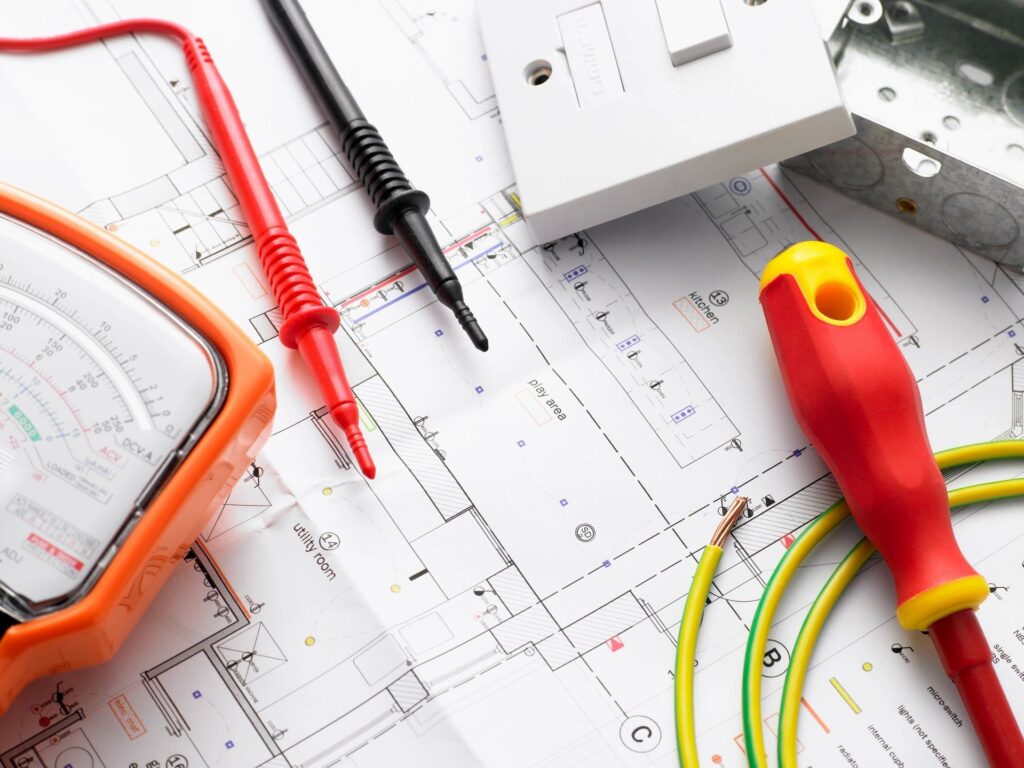
For questions about course details or registration, please contact
Global Era Training
Doug Castro
(504) 231-1000 m
dcastro@Ch4Training.com
